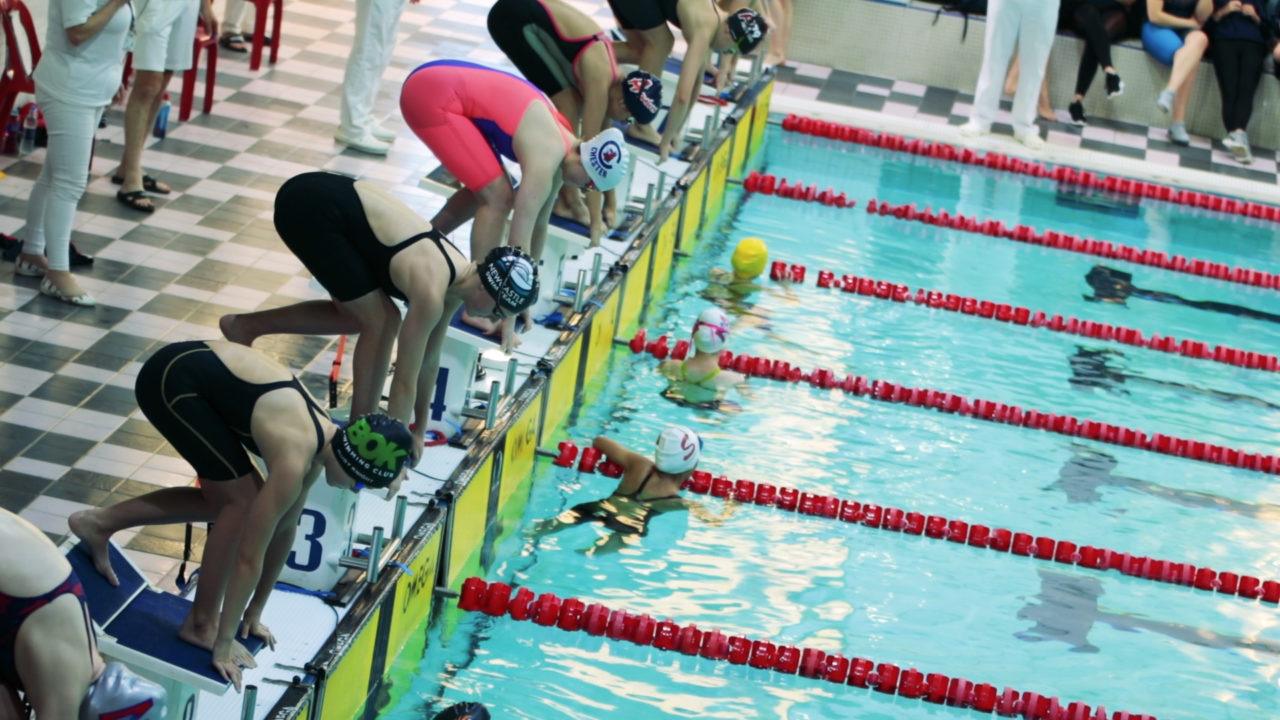SwimSwam welcomes reader submissions about all topics aquatic, and if it’s well-written and well-thought, we might just post it under our “Shouts from the Stands” series. We don’t necessarily endorse the content of the Shouts from the Stands posts, and the opinions remain those of their authors. If you have thoughts to share, please send [email protected].
This “Shouts from the Stands” submission comes from John Lupton:
Age group swimming is easy to love when things are going well. Coaches and parents love witnessing age groupers improve. If kids are continually dropping time, you feel like you must be doing something right. You probably are. Watch out, though, because the validation you feel from your kids getting faster is a trap. Growth slows, puberty ends, and plateaus are just around the corner waiting to deliver hard lessons to kids, parents, and coaches alike, lessons about things like self-doubt, jealousy, and failure. If you’re reading this, you might be the parent or coach of a young superstar who’s riding high. In that case make no mistake: tougher times are on the way. Or maybe your athlete or team is coming off a poor performance at their championship meet. Either way, I am here to give you the one simple secret that will ensure you and the age groupers you care about manage success and failure with grace. Heed this advice, and happiness awaits you.
Here it is: you must always celebrate effort. Like many good ideas, it’s a simple one, so simple in fact, that I was recently reminded of it while watching an episode of Mr. Rogers with my two-year-old son. The episode features NFL Hall of Famer Lynn Swann, who, while appearing in the land of make-believe, mopes with teammate Bob Dog following a loss by their football team. The two dejected players arrive at the puppet King Friday’s castle, and the following exchange eventually takes place:
King Friday: “Did you do your best?”
Lynn Swann: “Well, I think so.”
King Friday: “Then you won.”
Simple idea, tough lesson. First of all, kids like prizes, and sometimes if you don’t teach the value of effort with sincerity and passion, they will think you’re trying to get something over on them. They’ll know that really, the ribbon or medal is what matters. In this instance, Friday, through dialogue with some other characters goes on to explain that what you win by doing your best is “the good feeling of knowing you’ve done well.” Ask yourself which you want for your athlete: a medal or that good feeling? Let the answer guide the way you praise them. Your belief as a parent or coach that “best effort” is always the goal is the first step to ensuring your athlete’s and your own enjoyment of competition and life.
But what does it mean to do your best? Swann’s delivery is beautiful. He is obviously not an actor, but there is a wryness behind his words that reveals a man who has struggled with Friday’s question following many a loss. Yes, striving for your best is a simple idea, but that doesn’t mean it’s easy, and for an athlete who has failed to reach a goal, self-doubt can be torture: “Did I really do my best?” To emerge from the inner tumult that this question creates, I point you to my original statement: always celebrate effort. Ok, what does that mean, you ask?
Recently, I took a group of 11-14 year-olds to their championship meet. For many of them, it was their first prelim/finals experience and some competed 16 times over two and a half days. It was a big test for them, and everybody was slashing time left and right. I have to admit, it was one of those validating experiences I talked about earlier. What really stood out, though, was the camaraderie of the group. The kids were practically inseparable, and I was constantly surrounded by a cheering squad intently watching teammates compete. At one point a 13-year-old boy was about to swim in finals, and his twin brother was sitting behind me, quite visibly on edge. When a younger girl asked him something about why he was so edgy, he said: “He’s my brother. I’m a part of him, and he’s a part of me.” The kid is on to something. He has a keen sense of what it feels like to share life’s ups and downs with another, because he has a twin, and he is looking for his twin to win that good feeling of having done well. Want to avoid Lynn Swann’s inner struggle of self-doubt? Look outward, and treat everyone like your twin. Celebrate their effort as well as your own.
I was proud of our team, because the kids weren’t focused on material prizes, and they weren’t focused solely on their own achievements. They all experienced varying levels of success without succumbing to the jealousy of watching someone else do better. They were actively searching for the opportunity to celebrate each other’s effort, and by doing so, they learned. Every time they recognized a teammate perform well and celebrated that effort, they learned more about what it feels like to do their best, and in doing so, they better prepared themselves to handle the inevitable feelings of self-doubt that come with failure. When kids approach sport this way, they deserve our most sincere admiration and praise, regardless of whether or not they win a medal, because if they truly look for the best in others and in themselves, they can never lose.
About John Lupton
John is the Associate Head Coach for the North Charleston Water Moccasins of South Carolina Swimming. He primarily works with 12&under athletes and their families. He previously served as the Head Age Group Coach for the Mount Pleasant Swim Club, which is now known as the South Carolina Swim Club.
